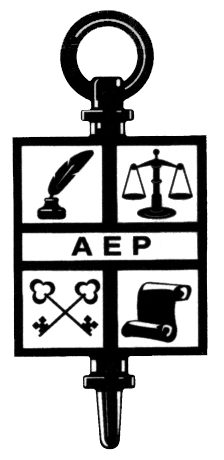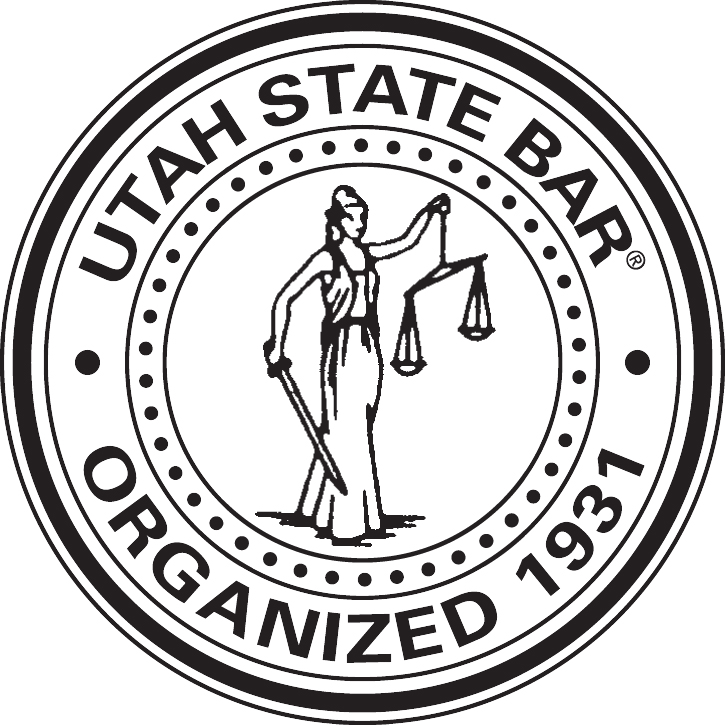COVID-19: Wills, Trusts, Healthcare Directives and other Legal Protections in the Midst of the Outbreak in Utah
I’ve been an estate planner for over 20 years and haven’t seen anything quite like the situation we are in now. I’ve been getting a lot of questions about what a person can do to legally plan for and protect themselves and their loved ones in this situation so I thought I’d provide some answers in this article.
Several legal documents work together to ensure that you and your family are protected and that the people YOU choose are making the decisions you want.
Once you become incapacitated, you can no longer designate who will make decisions on your behalf. It is too late. Your loved ones may be forced to ask a court to determine who can make decisions on your behalf. This court process can be costly and time-consuming for your loved ones so it is important that you legally formalize your decisions while you are able to do so. Also, if you pass away without planning, the state (not YOU) decides what happens to your assets and who will manage those assets. Planning done RIGHT puts your affairs in order so your loved ones have decreased family stress and tension during an already difficult time.
Put in Place an Advanced Healthcare Directive and HIPAA Authorization. An advanced healthcare directive allows YOU to appoint a person to make healthcare decisions on your behalf if you aren’t able to do so. You can also give this person directions to follow in difficult circumstances – such as direction about whether you would like your life prolonged by artificial means. An advanced healthcare directive allows you to give instructions to your healthcare providers and specify who should be appointed as your guardian if one is needed.
A HIPAA Authorization allows you to designate who can receive your protected health information, such medical records and lab test results. This authorization is vital to ensure key people have the appropriate information to make the best medical decisions for you if you cannot.
Select a Financial Agent. A Durable Power of Attorney is a document that allows you to designate a person(s) to manage your finances in case you’re ever incapacitated. It’s simple to designate a financial agent to manage your assets when you have capacity. Unfortunately, once you no longer do, then often your loved ones will need to go through a cumbersome court process to receive court supervision to obtain access to your assets – even if those assets are being used for your care. By deciding WHO can manage your assets, WHEN that person can manage your assets, and HOW that person can manage your assets BEFORE you are incapacitated, then you and your loved ones — rather than a judge — are in the driver’s seat to help if you become incapacitated.
Consider a Revocable Trust. A Revocable Trust is often paired with a Will to make assets easier to manage if you become incapacitated or passes away. With a Revocable Trust, the person forming the trust (the “grantor”) transfers their assets into the trust and generally makes themselves the trustee. The grantor then specifies how the assets in the trust are to be managed and distributed if the grantor become incapacitated (stoke, heart attack, dementia, illness) or when the grantor dies. The grantor also appoints a person(s) to carry out the written directions in the trust (the successor trustee) when the grantor is unable to act as trustee. The grantor can change the written direction in their trust while they are alive (unless they are incapacitated)
Make a Will. A Will is a basic legal planning document. It can designate where a person’s assets will go in the event of their death. It also designates who will administer the Will (i.e. serve as the personal representative) if one is needed. If you have children under 18, a will can also designate who you would like to serve as their guardian if neither parent is able to serve.
Why a trust?
- Assets are easier to manage on your disability. With a Revocable Trust, you transfer your assets into the trust during your lifetime. You designate the person who will be the trustee after you and who will manage the assets according to your directions if you ever become disabled. Because your assets are already in your trust, it is a relatively simple process for the successor trustee to manage assets. This transition is usually simpler than relying on a power of attorney and much simpler (and less expensive) that petitioning a court to appoint a conservator to manage your estate.
- Convenient Management During Your Lifetime. A Revocable Trust is also convenient if you want another person to help you manage your assets when you are alive. Sometimes individuals or couples will add a child to their accounts or to the title of their property to help them manage those assets; however, doing so can have MANY unintended consequences such as unintended tax consequences and filing requirements, subjecting the assets to the child’s creditors or divorcing spouse and allowing those assets to go to unintended recipients once you pass away.
- Your Estate Can Avoid Probate. A Revocable Trust can also help your estate avoid probate. Probate is a court process where the court oversees the handling of your assets after your death, including transferring title. Probate generally takes about 4-9 months in Utah and may take longer if there is a dispute. Most people hire an attorney to assist them with the process. In Utah if you own real property (e.g. land or a home) in your name or as tenants-in-common or you own assets subject to probate valued at more than $100,000, then a probate will be necessary. If you have a properly funded trust, then your family can avoid the hassles of probate. Assets in a trust, generally pass to the next trustee with a simple trust certification or affidavit (rather than with a lengthy and expensive court intervention.)
- Your Loved Ones Won’t Need to Probate Assets in Multiple States. If you own property in multiple states (including a time share), then a trust can prevent your family from having to open a probate in EACH of these states. Generally, a probate is required in each state where you own property separately or as tenants-in-common. Moving all your assets into a revocable trust, can avoid having to probate those assets in multiple states.
- It Provides for Smooth Transition and Protection. A trust allows you to specify when a loved one should receive their inheritance and how it should be managed in the meantime. Sometimes giving a child or other beneficiary a large sum of money all at once does benefit that beneficiary. This can be especially true with a large life insurance policy. Having assets in a trust or naming the trust as the beneficiary of a life insurance policy allows your beneficiaries to enjoy those assets in a responsible way.
- Allows a Beneficiary’s Inheritance to be Protected from Creditors. Giving your children their inheritance in a trust (versus outright) can, if properly structured, protect those assets for your beneficiaries. This type of planning is especially important if your beneficiaries are young, are inexperienced or poor at money management, have creditor or substance abuse issues, experience a divorce or qualify for government benefits.
Because Estate Planning documents are technical and can have unintended consequences if not done right, an attorney who specializes in estate planning should guide you through this process to ensure your wishes are clear and legally documented.
We have recently enhanced our estate planning process to meet social distancing guidelines so now is a great time to start your planning. During these difficult times, I’m offering a free video consultation to discuss planning options geared toward your situation. Please e-mail me at mludlow@parsonsbehle.com or schedule a consultation directly at: https://app.acuityscheduling.com/schedule.php?owner=17134642&appointmentType=13669693







